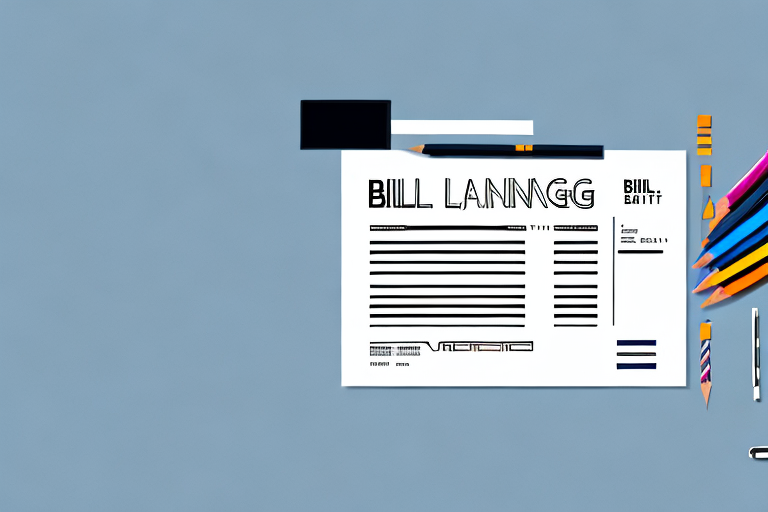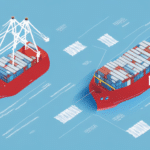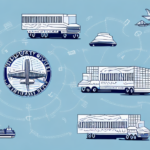Understanding the Importance of Dates on the Bill of Lading
The bill of lading is a fundamental document in shipping and logistics, acting as a contract between the shipper and the carrier for the transportation of goods. One critical element of this document is the date entered, which plays a pivotal role in various aspects of the shipping process. Accurate dating ensures smooth operations, timely deliveries, and helps avoid legal complications.
Types of Dates on a Bill of Lading
Load Date
The load date refers to the day when the goods are physically loaded onto the carrier’s vehicle or vessel. This date marks the commencement of the transit period.
Shipment Date
The shipment date indicates when the goods have officially been dispatched from the origin point. It is essential for tracking the progress of the shipment.
Expected Delivery Date
This date is the estimated day when the goods are expected to arrive at the consignee's location. It is crucial for planning and coordinating further logistics.
Actual Delivery Date
The actual delivery date records when the goods are delivered to the consignee. This date is vital for verifying that the shipment has been completed as scheduled.
Legal Implications of Incorrect Dates
Incorrect dates on the bill of lading can lead to significant legal consequences. If a carrier fails to meet the delivery deadlines specified, they may be liable for damages and penalties. Additionally, discrepancies in shipment and delivery dates can result in disputes between the shipper and the carrier.
According to the U.S. Code Title 49, accurate documentation is legally required for the proper handling of freight operations. Ensuring the correctness of dates helps in upholding contractual obligations and avoiding legal disputes.
Best Practices for Entering Accurate Dates
- Double-Check Entries: Always verify the dates entered before finalizing the bill of lading to prevent errors.
- Update Changes Promptly: If there are any alterations in the shipment schedule, update the dates immediately to reflect the new timelines.
- Coordinate with All Parties: Maintain clear communication with all stakeholders to ensure that everyone is informed about the correct dates.
Implementing these practices helps in maintaining the integrity of the shipping process and ensures that all parties are aligned with the shipment timeline.
Leveraging Technology for Accurate Date Management
Modern technology offers various tools to enhance the accuracy of dates on bills of lading:
- Electronic Data Interchange (EDI): Facilitates seamless information transfer between shippers and carriers, reducing the likelihood of manual errors.
- Automated Tracking Systems: Provide real-time updates on the status of shipments, ensuring that all dates are up-to-date.
- Blockchain Technology: Ensures the transparency and security of transaction records, making it easier to verify dates and other critical information.
According to a report by McKinsey & Company, the adoption of advanced technologies in logistics can significantly reduce errors and improve overall efficiency.
Common Mistakes and How to Avoid Them
- Failing to Update Dates: Not reflecting changes in the shipment schedule can lead to confusion and delays.
- Incorrect Load or Shipment Dates: Entering wrong dates disrupts the tracking and delivery process.
- Lack of Coordination: Poor communication among parties can result in mismatched information and errors.
To avoid these mistakes, it is essential to establish standardized procedures for documenting and verifying dates, as well as utilizing technology to automate and streamline the process.
Impact of Delayed or Incorrect Dates on Shipping Operations
Incorrect or delayed dates can have several adverse effects on shipping and logistics:
- Customs Delays: Inaccurate dates can lead to hold-ups in customs clearance, especially for international shipments.
- Financial Penalties: Delays may incur additional costs, including penalties for late deliveries.
- Reputational Damage: Consistently inaccurate documentation can tarnish the reputation of the carriers and shippers involved.
Research by the World Bank highlights that efficient logistics and accurate documentation are critical for global trade performance and economic growth.
Implementing Best Practices for Date Management
To ensure the accuracy and reliability of dates on bills of lading, consider the following best practices:
- Standardization: Develop and enforce standardized formats and procedures for date entry.
- Training: Educate staff on the importance of accurate documentation and the correct procedures for entering dates.
- Technology Integration: Utilize software solutions that automate date tracking and verification to minimize human error.
- Regular Audits: Conduct periodic reviews of documentation practices to identify and rectify any recurring issues.
Adhering to these best practices not only enhances operational efficiency but also contributes to building trust and reliability among all parties involved in the shipping process.
Conclusion
Accurate dating on the bill of lading is paramount for the smooth functioning of the shipping and logistics industry. It ensures timely deliveries, facilitates effective communication among stakeholders, and helps avoid legal complications. By implementing best practices and leveraging modern technology, shippers and carriers can enhance the accuracy and reliability of their documentation processes, thereby improving overall operational efficiency and customer satisfaction.






















